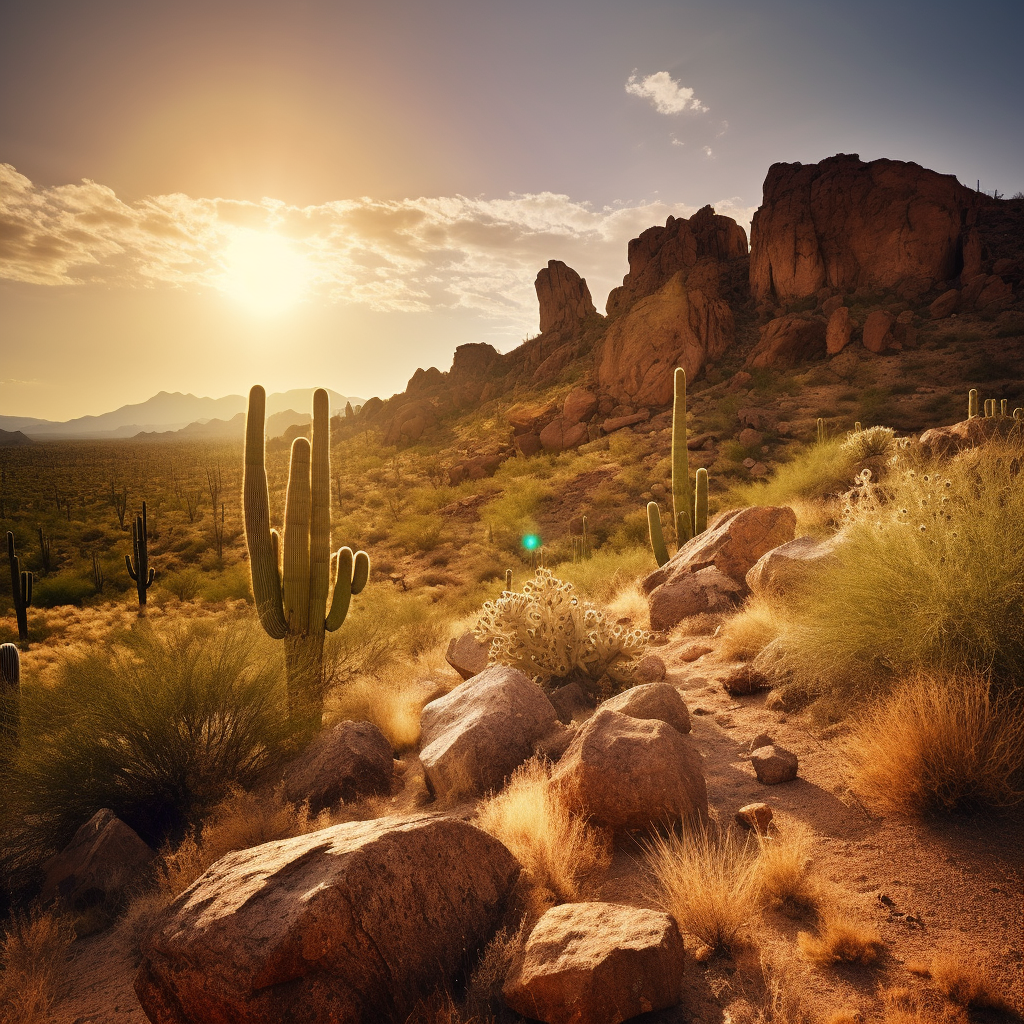July 26, 2023
Phoenix Under Fire – The Escalating Heat Crisis and its Impact on Climate Change Reporting
Book a Demo
Phoenix, Arizona, is known for its striking desert scenery, job prospects, and pleasant weather for the majority of the year. However, record-breaking temperatures have been making headlines and sparking concern about climate change’s impact on the city. This past summer, my family conducted an experiment that highlighted the severity of the heat. We tried to cook a quesadilla on the sidewalk, demonstrating the extreme summer heat in Phoenix.
The city has been experiencing consecutive days over 110 degrees Fahrenheit, indicating a serious climate change event. This intense summer heat alters daily routines, affecting outdoor activities and work schedules, and prompting residents to seek cooler locations. Despite the severe heat, Phoenix continues to attract residents due to its aforementioned allure. However, those who closely follow and report on climate change trends are taking note and making changes.
“I have served as the global climate and environment news director for the Associated Press in Phoenix, but I am now relocating to New York” – a decision influenced by the city’s escalating heat conditions. Another notable departure is Justin Gerdes, the Climate News Director for Arizona Public Service. Like me, Gerdes is leaving Phoenix, but not before observing the effects of climate change on the desert environment.
Gerdes has noted significant environmental changes due to climate change in Phoenix, including increased heatwaves, wildfires, and droughts. These changes are not just observations but real-life impacts that are affecting the residents of Phoenix and the natural environment. Despite his departure, Gerdes plans to continue his focus on climate change impacts and energy transitions in his future work. He intends to use Arizona’s experiences as a reference, a case study of sorts, to highlight the urgency of addressing climate change.
The departures and observations of professionals like Gerdes and myself underscore the serious implications of climate change in places like Phoenix. The escalating temperatures are not just a seasonal inconvenience but indicative of a larger climate change event that is drastically altering our environment. As we continue to monitor, study, and report on these changes, we can only hope that our findings will help spur necessary action against climate change.



